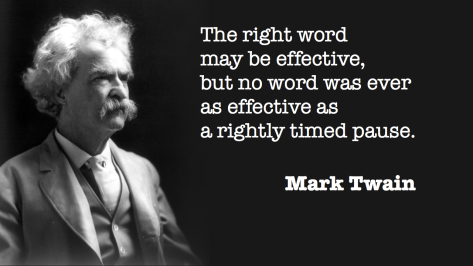A while ago, I posted In Praise of the Semicolon.
I’m fond of the little fellow, but its place in writing is more restricted than I realised. I haven’t done much creative writing this year while slogging away at building this WordPress blog and a website.
From time to time, to keep my sanity, I’ve returned to a short story I started in January. Featuring my Cornish Detective, I intend to give it away to anyone who subscribes to my crime novel website. I started writing with no preconceptions, other than to explore the notion that locations can be cursed. My protagonist is several years younger than in the first novel and having just taken command of the Major Crimes Team, he’s still learning the ropes from his deputy officer, a veteran of 40 years.
They visit a place called The Sad House, an abandoned farm labourer’s cottage where a runaway teenager was found hiding. It’s been a place of murder and suicide for 200 years. Talking about the tragedies, the deputy falters telling a tale of murder-suicide. He half-finishes saying something, so I used a semicolon to mark how he completed his thoughts. It looked wrong! I changed it.
Then, that night, I was visited by the punctuation gods, for while reading a crime novel by Finnish author Antti Tuomainen the main character’s internal dialogue I saw it featured a couple of semicolons—and they looked clunky. It may have been a result of the original work being translated.
This morning, in one of the newsletters I subscribe to, there was an article about a newly published book all about the semicolon:

Author Cecilia Watson
I like the anecdote about ‘The Semicolon Judge.’ The use of the semicolon in speech isn’t mentioned in the article, so I had a gander at Stack Exchange, finding this discussion:
https://writing.stackexchange.com/questions/19318/using-colons-and-semi-colons-in-dialogue
It’s not an issue that I’m agonising over, but it’s strange how a semicolon or a colon in dialogue becomes intrusive. It takes away from a guideline I cleave to, that punctuation should be correct for the situation, so correct that it becomes invisible.
What do you think?
(Cripes, this is a writerly thing to talk about!)

